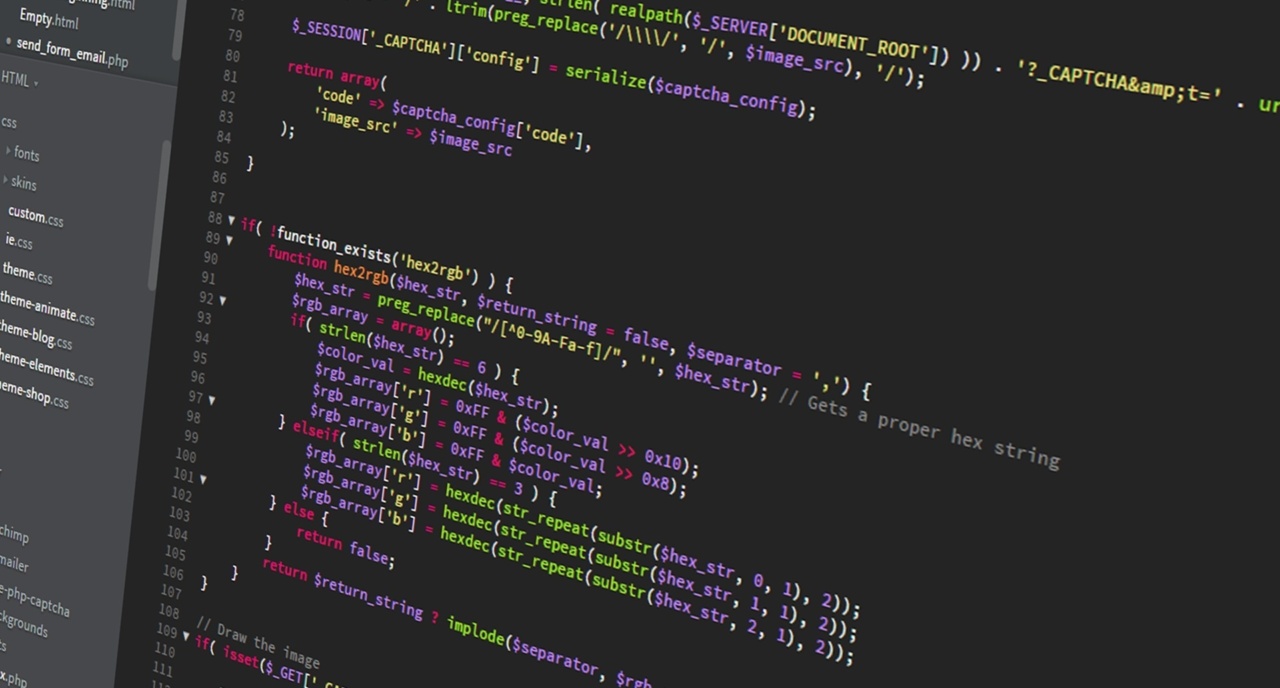Developmental milestones are important steps that children reach as they grow and develop. These milestones are critical indicators of a child’s development and can help to identify areas where a child may need extra support or intervention.
In the MOTERA Development Department, we have created a checklist to help parents, caregivers, and educators identify developmental milestones in children.
What are Developmental Milestones?
Developmental milestones are skills or abilities that most children can do by a certain age range. Milestones can be physical, cognitive, or social-emotional.
They can include things like rolling over, crawling, walking, talking, playing with others, and understanding emotions.
Why are Developmental Milestones Important?
Developmental milestones are important for several reasons. First, they provide a way for parents, caregivers, and educators to track a child’s progress and ensure that they are meeting the goals for their age.
Second, they can help identify areas where a child may need extra help or support. Third, milestones can help identify developmental delays or disabilities early, which can lead to early intervention and better outcomes for the child.
The MOTERA Development Department Checklist
The MOTERA Development Department Checklist is a tool that parents, caregivers, and educators can use to identify developmental milestones in children. The checklist includes milestones for physical, cognitive, and social-emotional development.
The following is a summary of the checklist:.
Physical Milestones
Physical milestones are related to a child’s motor development. They include things like:.
- Rolling over
- Sitting up
- Crawling
- Walking
- Running
- Jumping
- Climbing
- Throwing and catching a ball
- Using utensils
Cognitive Milestones
Cognitive milestones are related to a child’s thinking and problem-solving abilities. They include things like:.
- Recognizing faces
- Imitating sounds and gestures
- Using words to communicate
- Counting and recognizing numbers
- Identifying colors and shapes
- Finding hidden objects
- Following simple instructions
- Sorting objects by size or color
Social-Emotional Milestones
Social-emotional milestones are related to a child’s ability to interact with others and understand emotions. They include things like:.
- Smiling and laughing
- Playing with others
- Showing affection
- Tantrums and emotional outbursts
- Understand basic emotions (happy, sad, angry)
- Show empathy for others
- Share and take turns
- Follow rules and routines
Using the MOTERA Development Department Checklist
Parents, caregivers, and educators can use the MOTERA Development Department Checklist to track a child’s progress and identify areas where they may need extra support or intervention.
The checklist can be used at regular intervals (such as every 6 months or annually) to track a child’s progress and ensure that they are meeting their developmental milestones. If a child is not meeting certain milestones, it may be an indication that they need extra support or intervention, such as therapy or educational services.
Conclusion
Developmental milestones are important indicators of a child’s growth and development.
By using a checklist like the MOTERA Development Department Checklist, parents, caregivers, and educators can track a child’s progress and ensure that they are meeting their goals for their age. If a child is not meeting certain milestones, it may be an indication that they need extra support or intervention.




























